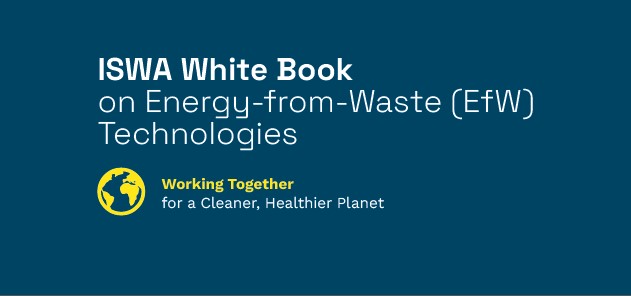ISWA “WHITE BOOK ON ENERGY-FROM-WASTE (EFW) TECHNOLOGIES”

The International Solid Waste Association (ISWA) recently published the “White Book on Energy-from-Waste (EfW) Technologies”. The document is a comprehensive overview, looking at technical, economic, legislative, institutional, social, and above all, environmental aspects of the available thermal technologies which produce energy from waste (EfW). The overall aim is to present the essential prerequisites that must be met in order to ensure the short and long-term feasibility of building and operating Municipal Solid Waste (MSW) energy recovery facilities. The guidelines also include an overview of waste combustion and thermal treatment technologies as well as the necessary infrastructure and financing.
Waste-to-Energy (WtE) (or Energy-from-Waste (EfW)) is the thermal treatment of residual waste. The ideal role of this technology is to recover the energy and materials that cannot be recycled and reduce the need for landfill, in some countries almost to zero.
Worldwide, EfW represents 23% of the total amount of controlled waste management whilst Recycling represents 20% and Composting/Anaerobic Digestion 11%.
There are approximately 2,450 EfW plants that are operational worldwide with a total waste input capacity of around 350 million tons per year. (ADB, 2020). Forty-nine percent of these EfW plants are based in Southeast Asia (mainly in China, Japan, Korea, Singapore), 48% in EMEA (Europe, Middle East and Africa) and the rest in America (mainly the USA).
As a final sink, Energy-from Waste is an integral part of an efficient and sustainable waste and resource system, going hand in hand with recycling and biological treatment of waste when it comes to reducing the amount of waste landfilled and to eliminating open dumping and open burning and thereby protecting the environment and human health as well as mitigating climate change.
More info at the following link.
